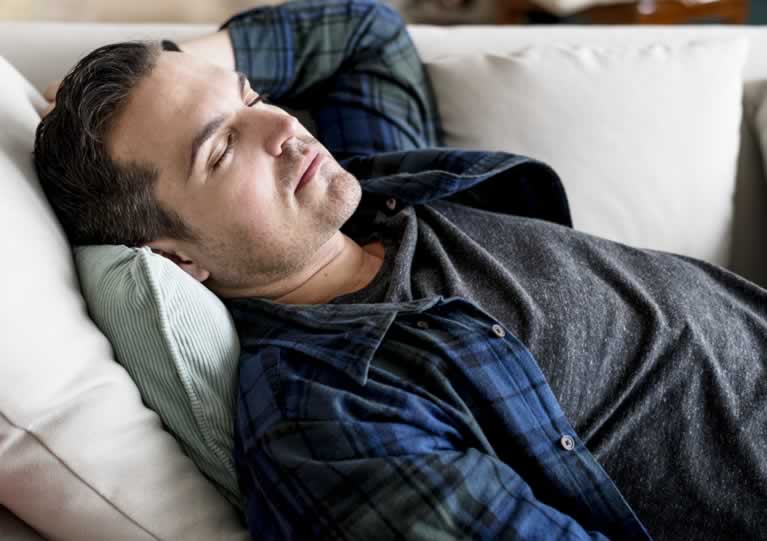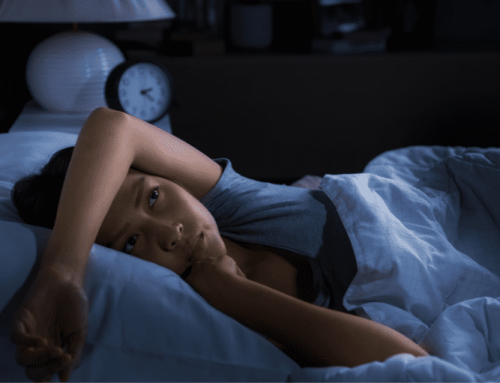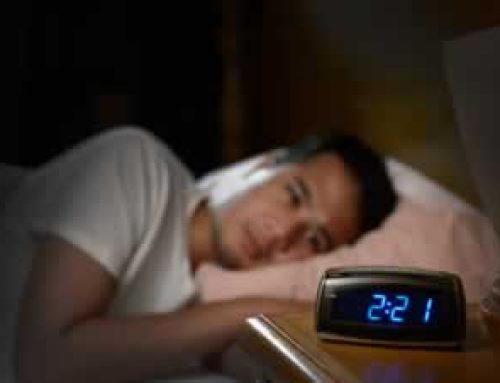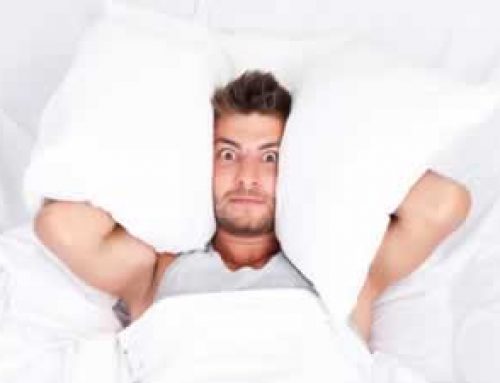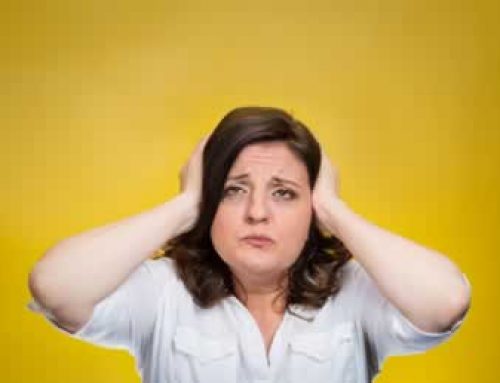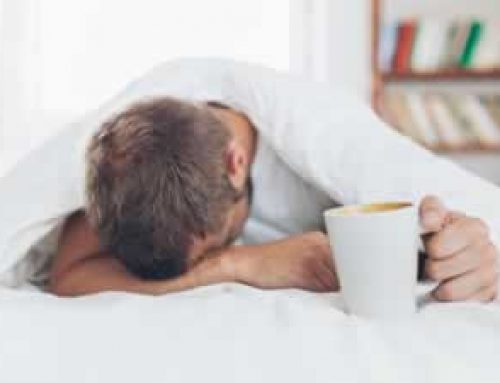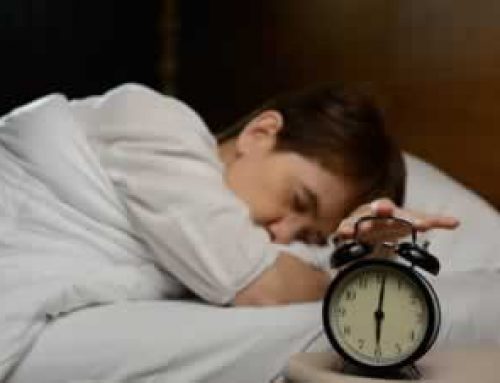What You Need To Know About Sleeping Pills
Have you ever felt like catching a night of quality sleep was spectacularly elusive – as if you were playing the most challenging game of tag you’ve ever played in your life against it? You’re it, and sleep is your opponent. It’s that moment when you feel like you’ve tried every trick in the book to catch it – except one. This last trick promises an instant win. But, you think – at what cost?
In this case, the trick is a sleeping pill, and it promises that you will finally be able to catch the night of quality sleep you’ve been chasing. You’ve heard they work. Some people you may know even depend on them night after night. Plus, you’ve undoubtedly seen ads for them playing over and over on late night television (which you’re up watching because you can’t sleep). Names like Ambien™, ZzzQuil™, Unisom™, and Lunesta™ probably come to mind. Some of these are prescription sleeping pills and others over-the-counter sleeping pills or aids.
Who uses sleeping pills?
- 1 in 25 U.S. adults has taken a prescription sleep aid in the past month
- Women take sleeping pills more than men
- People with insomnia are often prescribed sleeping pills
- Older adults are more likely to use sleeping pills than young adults
- People with mental health conditions are often prescribed sleeping pills for insomnia
Sleeping Pills: Are they really addictive?
Like many people, you’re probably concerned about becoming dependent on them. It’s true that they can become a psychological need, even a serious psychological addiction. However, sleeping pills have not been proven to produce a pharmacological or chemical addiction unless they are taken in excessive doses or not correctly used.
Signs and symptoms you’re becoming addicted to sleeping pills:
- You either can’t sleep or find it difficult to sleep without taking a sleeping pill
- You’ve developed a tolerance your sleeping pills and require a higher dose to get the same effect
- You experience headaches, lightheadedness, forgetfulness, or are unable to wake up during the day fully
- You experience digestive problems or a rapid change in your weight
- You start mixing your sleeping pills with alcohol or other drugs
- When you don’t take your sleeping pills, you feeling like you could stay awake for days
- You spend time thinking about your sleeping pills find yourself preoccupied with them
- When you run out of sleeping pills, you look for similar drugs that will help you achieve the same effect
Are Sleeping Pills A Scam? Or Do They Really Work?
Sleeping pills have been shown to be mildly useful in helping you get sleep. On average, sleeping pills cause users to drift off about 13 minutes faster add around 11 minutes of sleep time, according to research. The sleep you get won’t be the quality, restorative sleep like you’d get naturally though and they can leave you feeling even more sleepy the next day. Plus, many stop working after a few hours and you can build up a tolerance to some types of them quickly.
It’s also important to keep in mind that they’re not a solution to your sleeping problems and may only make things worse as they mask the real problem. Finding the cause of your inability to get quality sleep is critical in putting an end to your sleeplessness or insomnia. You should only use them occasionally for short periods of time.
There are three primary types of sleeping pills:
- Barbiturates
- Benzodiazepines
- Nonbenzodiazepine/Antihistamines
Benefits
- Good for short-term use
- Can put you to sleep in as little as 15 minutes
- Can help you get some good sleep time
Drawbacks
- 10-15% greater risk of death for those taking sleeping pills
- 8 percent of all deaths by drug overdose are caused by Benzodiazepines
Sleeping pills also come with a variety of side effects. Some of these are quite serious, so serious that in March of 2007 the FDA required that manufacturers put warning labels on certain prescription sleep drugs to informing people that they may cause allergic reactions and sleep-related behaviors. These drugs included Ambien, Butisol Sodium, Carbatral, Doral, Dalmane, Halcion, Lunesta, Placidyl, Prosom, Restoril, Rozerem, Silenor, Sonata, and Seconal.
Do You Need Sleeping Pills for Your Insomnia?
Sleeping pills can be useful for helping you get to sleep when things like deadlines, a racing mind, depression, and stress are causing your insomnia or sleeplessness.
- 33% of US adults report they usually get less than the recommended amount of sleep
- Approximately 35 percent of US adults experience occasional problems sleeping every year
- Roughly 20 percent of US adults have short-term or acute insomnia
If you’re not sleeping and it’s impairing your ability to function during the day, it’s time to find out why. Insomnia that lasts for more than a few days can be the sign of something serious.
There are a number of effective alternatives to sleeping pills:
- Foods and drink that contain melatonin or tryptophan like Chamomile tea, a glass of warm milk, almonds, bananas, and oatmeal.
- Aromatherapy – particularly lavender
- Mediation
- Yoga
The decision on whether sleeping pills are right for you is up to you and your physician. The most important thing to keep in mind is that insomnia is often a symptom of another sleep, medical, or mental condition. To effectively resolve your insomnia, you need to find the cause and treat it first. Take our online Sleep Assessment today for insights on what may be causing your sleep problems, and schedule an appointment with your personal physician to discuss the option or need of a home sleep test from Vitalistics.

